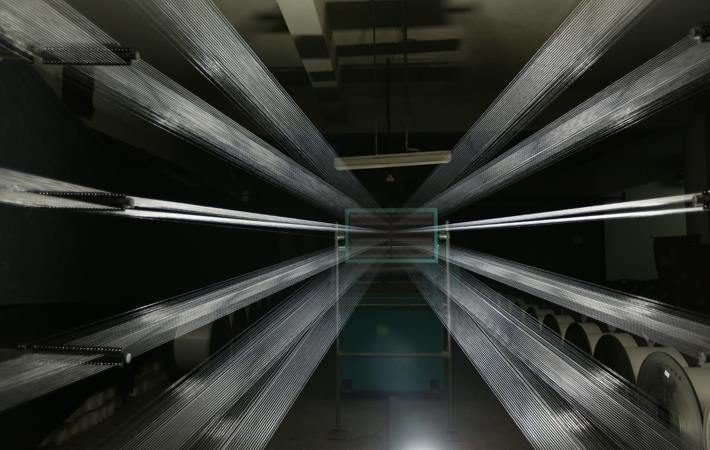The Northern India Textile Mills’ Association (NITMA) recently demanded removing anti-dumping duty (ADD) on acrylic fibre for enhancing competitiveness in the value chain and excluding polyester staple yarn (PSY) from the lists of items in the free trade agreement (FTA) with the Association of Southeast Asian Nations, or inclusion of its raw material, polyester staple fibre (PSF), in the list.
A NITMA delegation led by president Sanjay Garg recently met textiles secretary Ravi Capoor to discuss a host of issues concerning textiles mills.The Northern India Textile Mills' Association has demanded removing anti-dumping duty on acrylic fibre for enhancing competitiveness in the value chain and excluding polyester staple yarn from the lists of items in the free trade agreement with the Association of Southeast Asian Nations, or including its raw material, polyester staple fibre, in the list.#
The delegation also requested Capoor to consider locating one of the ten proposed mega textiles parks under the ministry of textiles in Punjab so that it can act as a textile growth hub across the northern region.
A joint delegation of Ludhiana Spinners Association (LSA) and NITMA also met commerce and industry minister Piyush Goyal and Som Parkash, minister of state handling the same portfolio, on March 2 to discuss the same concerns.
Due the inclusion of the finished product PSY of the spinning mills managed by micro, small and medium enterprises (MSMEs) in the list of items in the FTA, it is cleared with zero duty. Hence, there has been a surge in imports of PSY, particularly from Indonesia and Vietnam.
However, PSY’s immediate raw material PSF is being imported at full duty of 5.5 per cent since it is not included in the list of items. This has denied a level playing field for Indian spinning mills, NITMA explained.
Capoor, however, said it may be difficult to make amendments in the FTA and it may also take a little longer to review it. He said it may be possible to identify other trade-related measures to arrest the surge in imports of PSY.
He suggested NITMA to point out some non-tariff barrier (NTB) measures, such as checking the quality standard of the imported yarn, which if introduced as a compliance measure, could help reverse the hike in yarn imports.
NITMA told Capoor ADD has been imposed on acrylic fibre for the last 23 years from almost all exporting countries, hence making the raw material costly for domestic acrylic yarn manufacturers. As a result Bangladesh exported $2.5 billion worth of sweater products, whereas India only exported $0.07 billion worth such products in 2018, though, both were at par in 1992, NITMA said.
Capoor urged NITMA to approach the Directorate General of Trade Remedies (DGTR) for this as imposition of ADD is decided by the latter.
Fibre2Fashion News Desk (DS)
